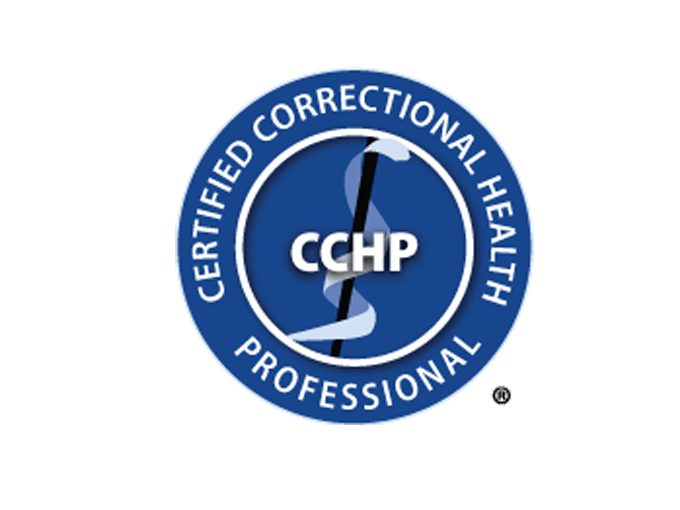
Standards Q&A: 75% Custody Health Training Requirement
Does the 75% requirement refer to all custody staff or only those working during
Home Anti-Racism in Correctional Health Care: Position Statement
 Jan 29, 2024
Jan 29, 2024NCCHC’s newest position statement, Anti-Racism in Correctional Health Care, is an attempt to outline concrete steps that correctional health professionals, administrators, and decision-makers can take to begin to mitigate systemic racism and its effects on both the incarcerated population – disproportionately people of color – and correctional staff.
Background
It is widely understood that people of color are disproportionately represented in the American criminal justice system. People of color are more likely to be targeted for arrest, arrested, convicted, and sentenced to a term of incarceration, resulting in a significant overrepresentation of people of color in prisons and jails throughout the country. The U.S. population is comprised of about 13% Black people, while about 35% of people in jail are Black. While individuals are incarcerated, correctional health and custody professionals can work to mitigate further harm and minimize health disparities by following the nine steps outline in this position statement.
Action Steps
Although this position statement focuses on systemic racism, NCCHC acknowledges that historical disenfranchisement and societal mechanisms disproportionately harming people of color may also negatively impact Indigenous, LGBTQ+, women, and other minority populations in both similar and different ways. The impacts of systemic racism and the related disenfranchisement of people of color and their communities is particularly evident in the United States criminal legal system, historically and today. This position statement intends to provide a targeted and specific approach toward systemic racism as experienced by Black people in the United States.
The position statement was drafted by NCCHC’s Committee on Systemic Racism, formed in 2021 to address the issue of systemic racism in correctional health care, and recently approved by the NCCHC Governance Board. It is the culmination of the hard work and dedication of all members of the Committee on Systemic Racism, as well as input from participants at three open forums on the topic held during NCCHC conferences.
Read the new position statement on anti-racism.
Read the position statement on Addressing Systemic, Structural, and Institutional Racism in the Juvenile Legal System (2023).
See all NCCHC’s position statements.
By Joel T. Andrade, PhD, LICSW, CCHP-MH, and Mary Muse, MSN, RN, CCHP-RN, CCHP-A, co-chairs of the NCCHC Committee on Systemic Racism, and Claire Wolfe, MPH, MA, CCHP, staff liaison to the committee


